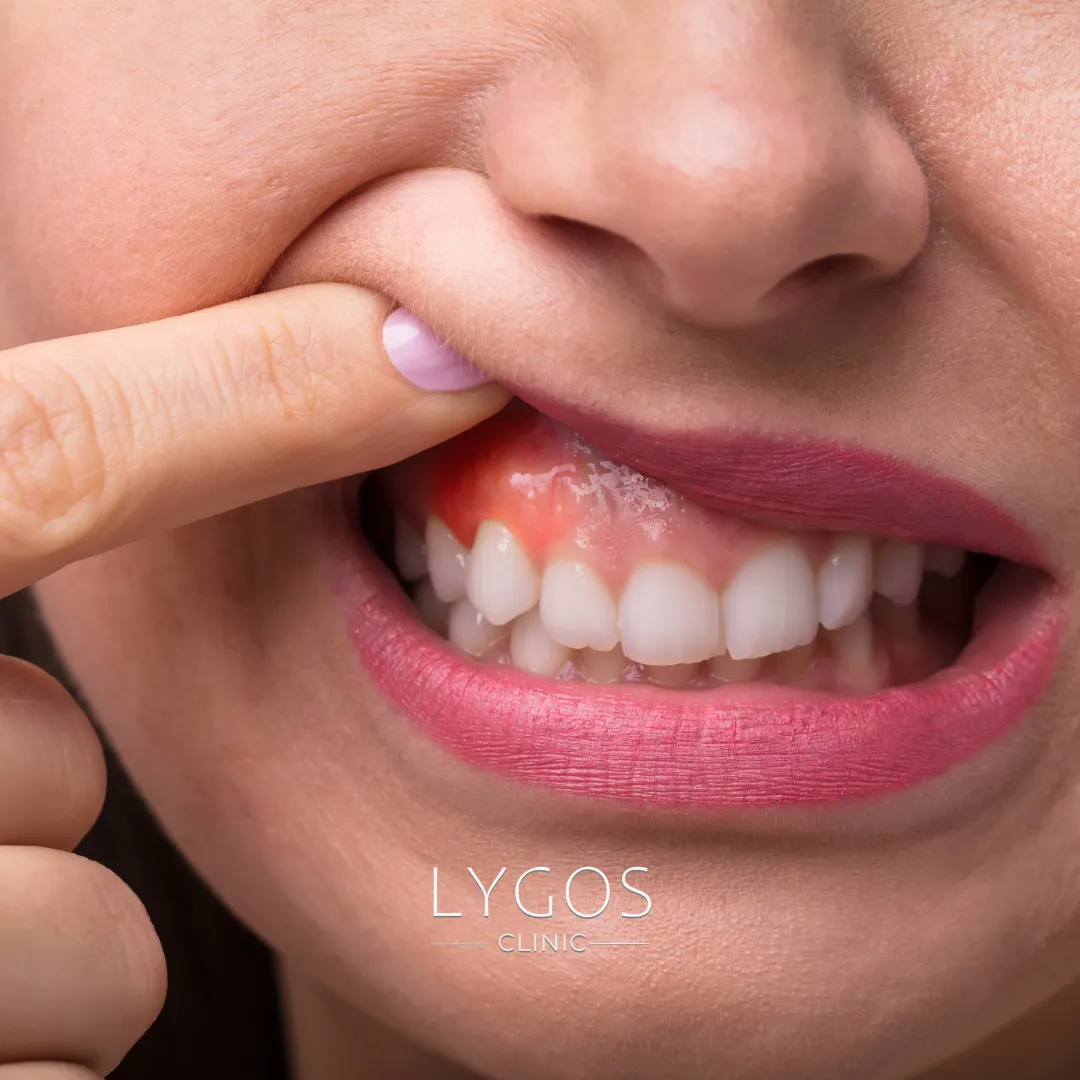Combatting Gum Recession: Causes, Effects, and Strategies for Healthy Gums

Understanding and Combatting Gum Recession
Receding gums, a common issue related to oral and dental health, affect many individuals. It refers to the condition where the gums pull away from the surface of the teeth, exposing more of the tooth. This article explores the various potential causes of gum recession, often with significant impacts on oral health. Among the primary factors are poor oral hygiene, the formation of dental calculus, periodontal diseases, incorrect brushing techniques, hormonal changes, and smoking.
Gum recession can lead to sensitivity, tooth loss, and aesthetic concerns as the roots of the teeth become exposed. This article delves into the detailed examination of the various reasons behind gum recession and focuses on effective methods to cope with this issue. Emphasizing the crucial steps in maintaining gum health and preventing recession, the article offers readers effective strategies that can be implemented at home.
Dental Calculus and Plaque Buildup
One common cause of gum recession is the buildup of dental calculus and plaque. Plaque is a sticky layer formed by the accumulation of bacteria and food debris. Over time, plaque can turn into dental calculus, leading to gum recession. Inadequate oral hygiene and irregular cleaning of teeth can contribute to this condition.
Dental calculus, a mineralized layer resulting from the hardening of plaque, may lie between the gums and teeth, causing the gums to recede. Regular brushing and flossing play a vital role in preventing plaque formation, thus maintaining gum health. Dental check-ups are essential for early detection and removal of calculus.
Periodontal Diseases
Periodontal diseases such as gingivitis and periodontitis can contribute to gum recession. These diseases affect the gums, causing inflammation and recession. Gingivitis, characterized by inflammation of the gums, emerges due to the damage caused by plaque buildup and bacterial action.
PeriodEarly signs of gingivitis include redness, swelling, and bleeding. Untreated, gingivitis can progress to periodontitis, a more severe form affecting the jawbone. Gum recession, tooth loosening, and even tooth loss can result from periodontitis.
Irregular brushing, neglect of flossing, and infrequent dental check-ups may contribute to these diseases. Regular dental care, as recommended by the dentist, can aid in the early detection and effective treatment of periodontal diseases.
Incorrect Brushing Techniques

Incorrect brushing techniques can harm the gums and lead to recession. The use of excessively firm toothbrushes or aggressive brushing motions can cause gum abrasion and recession. The use of overly firm toothbrushes may damage tooth enamel and irritate the gums, eventually resulting in gum recession. Similarly, improper brushing movements can cause damage to the gums, leading to recession.
Learning correct brushing techniques, using soft-bristled brushes, and avoiding excessive pressure during brushing are crucial steps in preventing gum recession. Correction of improper brushing habits can reduce the risk of gum recession and improve oral health. Recommendations from a dentist regarding proper brushing techniques can assist in developing an individualized care plan.
Hormonal Changes
Hormonal changes, especially during pregnancy, menopause, or the menstrual cycle, can affect gum health, increase sensitivity, and contribute to recession. Hormonal fluctuations during these periods may lead to symptoms such as swelling, redness, and sensitivity in the gums. Increased hormone levels during pregnancy can impact the gums, resulting in a condition known as “pregnancy gingivitis.”
Signs of gingivitis during pregnancy include swelling, redness, bleeding, and sensitivity, indicating the potential for gum recession. Hormonal changes during menopause, characterized by lower estrogen levels, may lead to gum thinning and recession. Hormonal fluctuations during the menstrual cycle can also influence gum health. Regular dental check-ups are crucial during these periods.
A dentist can identify issues related to hormonal changes early on and recommend suitable treatment methods. Additionally, paying special attention to oral hygiene during these periods is vital for maintaining gum health. Adhering to recommended oral care routines can help prevent or alleviate hormone-related gum recession.
Smoking

Smoking is a detrimental habit that negatively impacts oral health and contributes to gum recession. Harmful chemicals in cigarettes can reduce circulation, hindering the supply of oxygen and nutrients to the gums. This can seriously affect gum health. Smokers are at an increased risk of gum diseases. Nicotine and other chemicals in cigarettes can irritate the gums, induce inflammation, and lead to gum recession over time.
Moreover, smoking can decrease blood circulation in the gums, complicating the healing process. Quitting smoking is a crucial step in reducing the risk of gum recession and positively influencing overall oral health. The decision to quit smoking is a significant move towards protecting gum health.
Smoking cessation can improve gum health by preventing inflammation and enhancing circulation. Avoiding smoking is an effective preventive measure to maintain oral health and prevent gum recession. Quitting smoking also has various positive effects on overall health, enhancing the quality of life.
Cause of gum recession

Gum recession serves as a vital indicator of oral health, necessitating regular dental check-ups and proper oral hygiene practices for prevention and treatment. Among the natural remedies that can be applied at home are saltwater gargles, herbal teas with anti-inflammatory properties, and gum massages. However, if gum recession persists or symptoms endure, seeking advice from a dental professional is the most prudent step.
Professional assessment aids in accurate diagnosis and the formulation of an appropriate treatment plan. Consistent dental check-ups play a pivotal role in maintaining oral health, helping to detect and address potential issues early on.
It’s essential to remember that a healthy mouth reflects overall well-being. By taking care of yourself and prioritizing oral health, you can enhance your quality of life with a beautiful smile and healthy gums. Regular dental check-ups and proper care habits are effective strategies for preventing gum recession.


